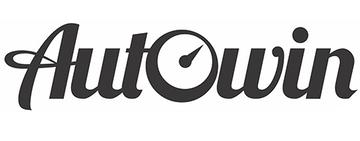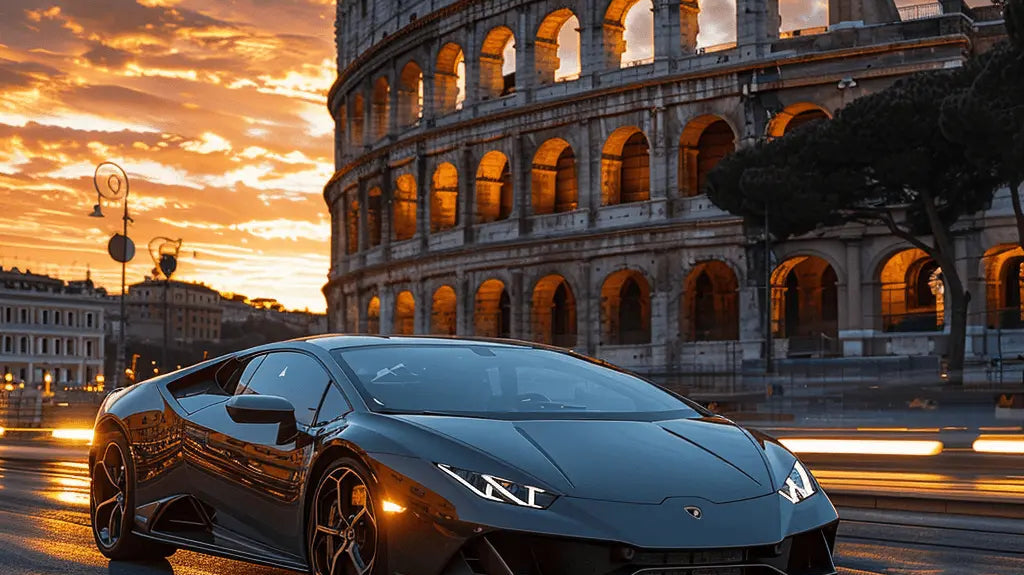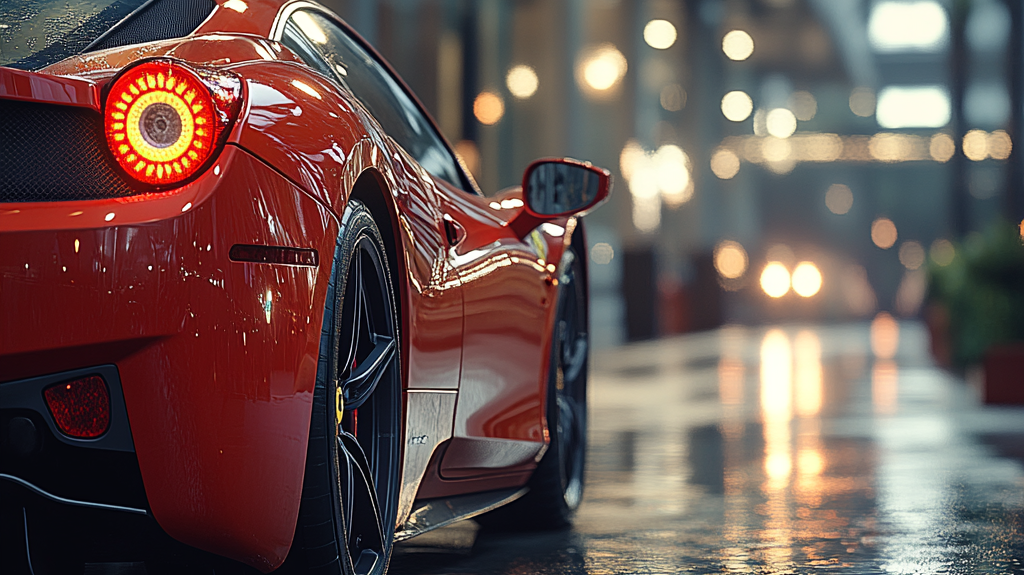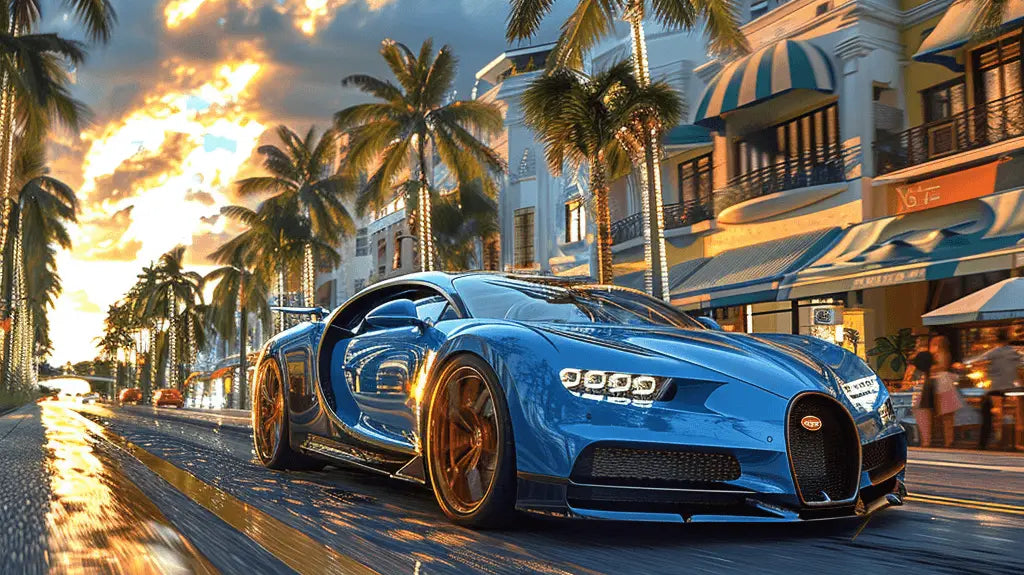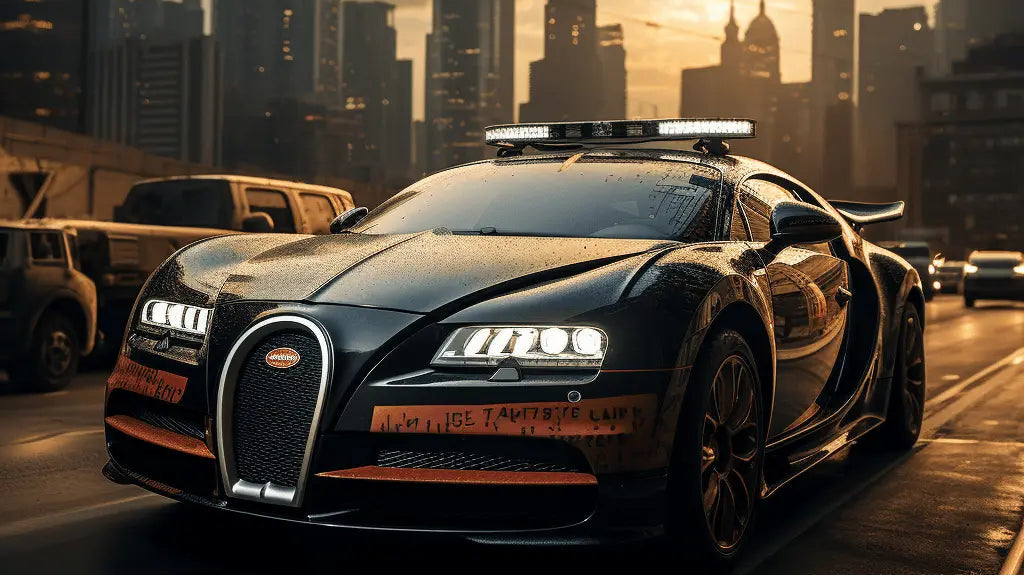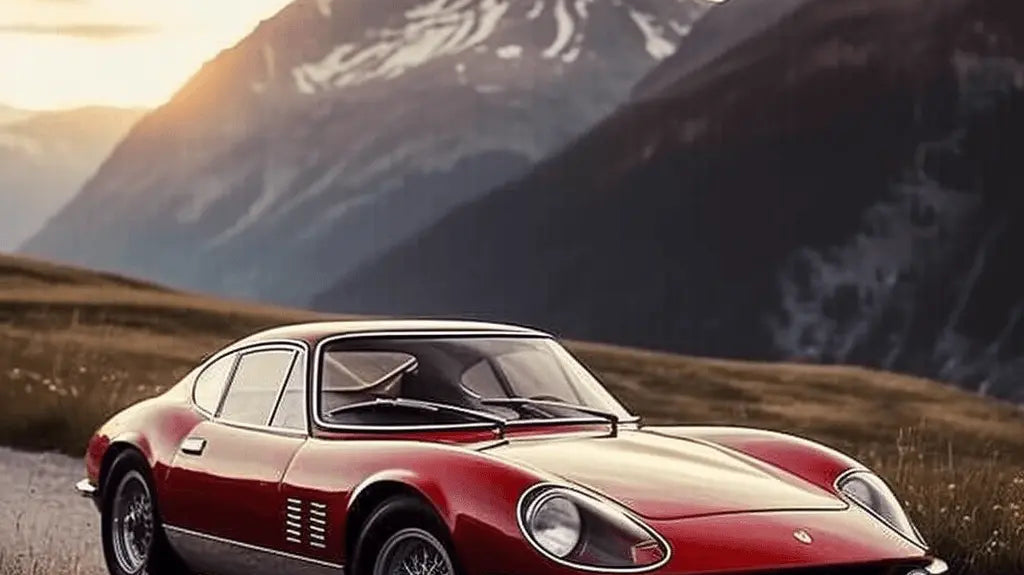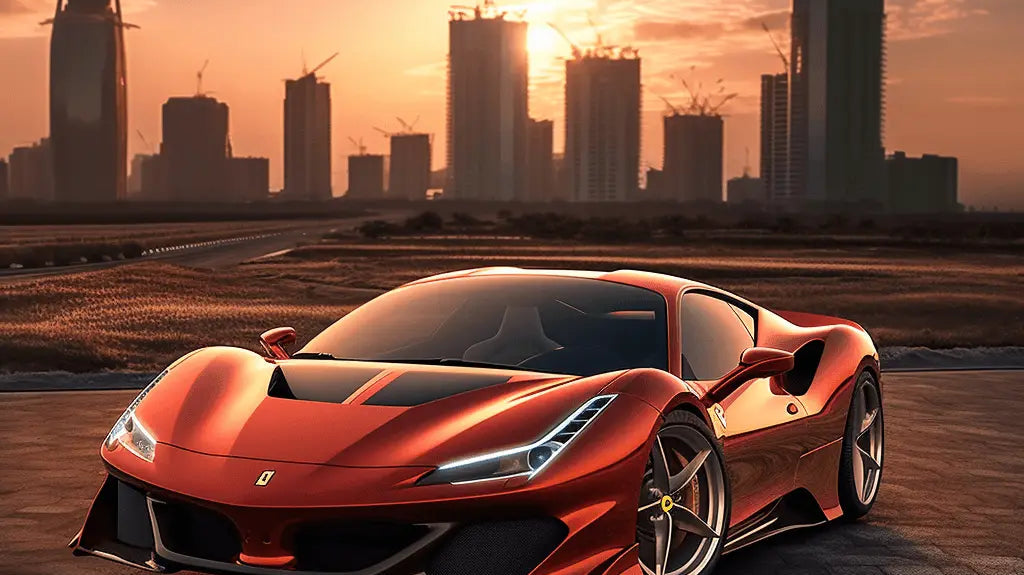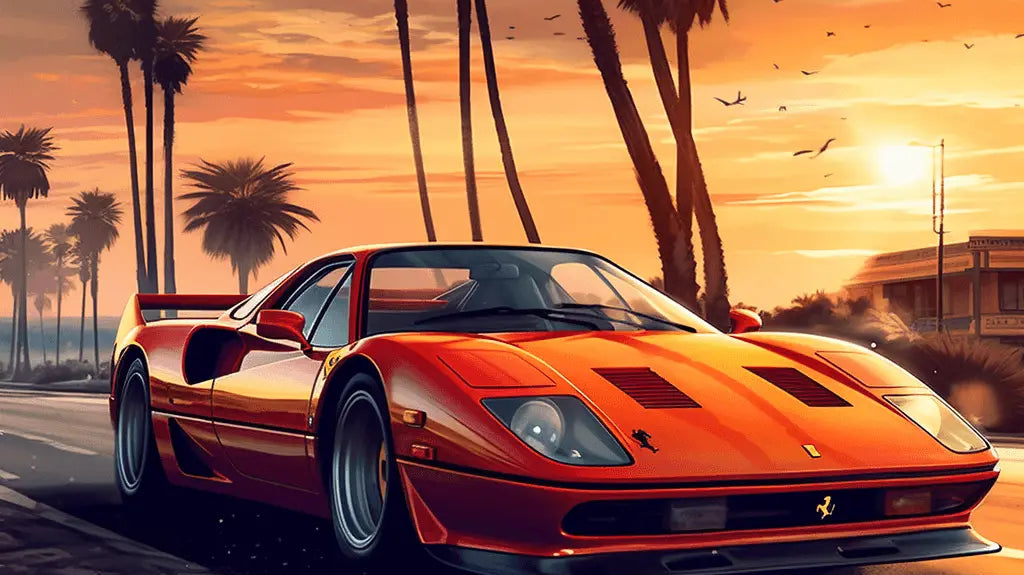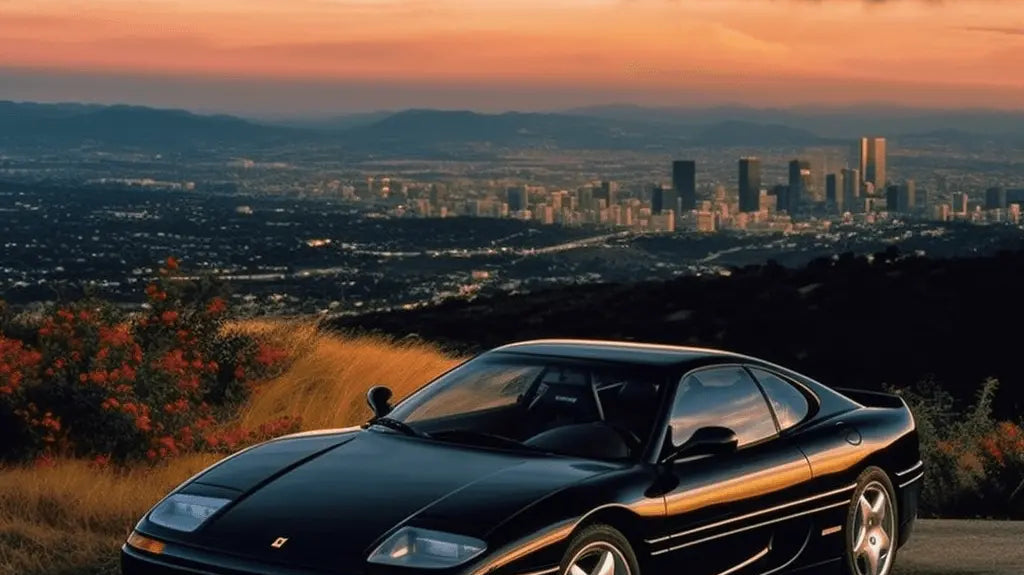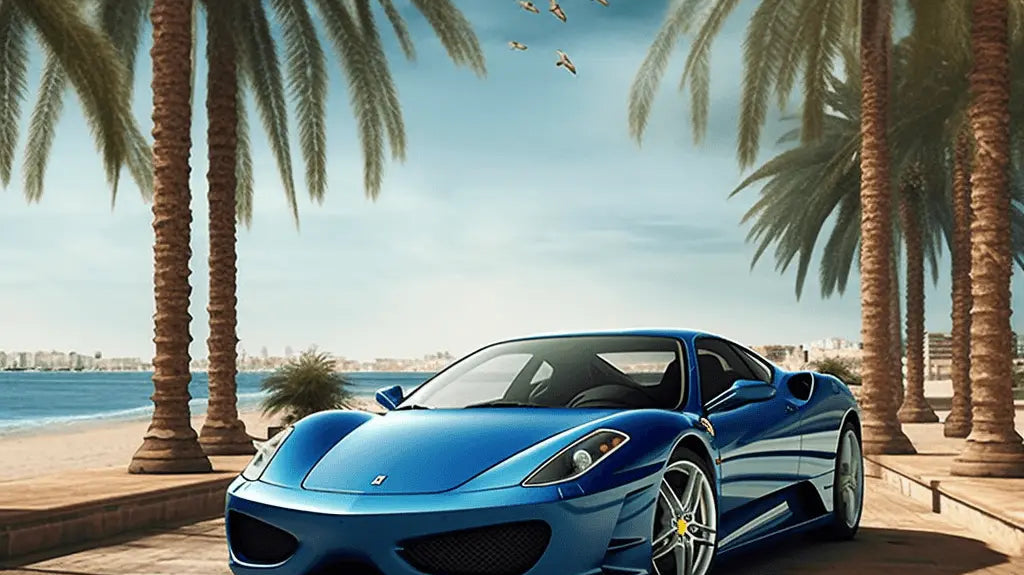Guida Quotidiana: Controlli di Sicurezza, Pragmatismo ICE e un Sussurro di Ritorno di Renault Sport
Ho trascorso lo scorso fine settimana a inseguire le onde lungo strade secondarie ondulate in un SUV diesel che qualche anno fa avrebbe snobbato la città. Tempismo curioso: il ciclo di notizie di oggi sembra una stretta di mano tra ciò che vogliamo dalle auto e ciò che il mondo è disposto a darci—sulla sicurezza, sui gruppi propulsori e sulla nostalgia.
Sicurezza Stradale: Le Multe Sono Aumentate, anche le vittime—quindi cosa non funziona?
CarExpert riporta che il bilancio stradale dell'Australia è aumentato anche se le multe per eccesso di velocità hanno raggiunto livelli record. È un sovrapporsi allarmante che punta a una verità semplice che tutti noi sentiamo durante un tragitto bagnato di martedì: l'applicazione non è l'unico leva. Durante la mia ultima guida notturna lungo l'Hume, ho notato che le sezioni con una migliore illuminazione, segnaletica più chiara e strisce di rumore erano quelle in cui tutti si calmavano istintivamente. Le telecamere ti fanno sollevare il piede per un momento; buone strade ti fanno rilassare per tutto il viaggio.
- Comportamento vs. design: le multe dissuadono a intermittenza; l'infrastruttura calma costantemente.
- La tecnologia dei veicoli aiuta, ma solo se utilizzata: mantenimento della corsia, AEB, cruise control adattivo—spesso spenti.
- Affaticamento e distrazione: ancora i killer silenziosi che tutti pensano “non toccherà a me.”
Il curioso punto cieco dell'applicazione automatizzata
In un altro pezzo di assurdità moderna, Carscoops evidenzia un conducente che continuava a ricevere multe per auto che non aveva mai guidato—grazie a un errore di targa e sistemi automatizzati. Ho visto targhe lette male ai pedaggi e nei track days—un proprietario giurava che la targa della mia station wagon fosse un doppelgänger di una hatch bianca che continuava a rubare il suo credito per il pedaggio. Se la tua cassetta postale si riempie di multe misteriose, documenta tutto, contesta prontamente e chiedi alla tua autorità statale controlli sulla clonazione delle targhe.
Aiuta Dove Non C'è Segnale: Arriva l'assistenza stradale off-grid
CarExpert nota anche una nuova opzione di assistenza stradale off-grid in Australia—finalmente. Ho avuto una foratura su un sentiero di ghiaia con una barra di ricezione e un cric che affondava nella sabbia. Non è divertente. L'idea di un'organizzazione progettata per recuperi remoti e coordinazione senza segnale è enorme per i caravanisti, i cercatori e chiunque consideri “non asfaltato” come un tappeto di benvenuto.
- Probabilmente si concentrerà su triage remoto, condivisione della posizione e logistica di recupero.
- Aspettati veicoli di risposta capaci di fuoristrada e flussi di comunicazione satellitare.
- Vittoria nel mondo reale: meno “aspetta e spera,” più “fai arrivare gli occhi su di me e un piano in corso.”
Pragmatismo del Gruppo Propulsore: Il Diesel non è morto, e l'ICE riceve una seconda vita
Il nuovo rivale Sorento di Volkswagen potrebbe mantenere viva l'opzione diesel

Secondo CarExpert, Volkswagen non ha escluso il diesel per il suo prossimo SUV a tre file rivolto direttamente al set Kia Sorento. Ho trascorso una settimana in un attuale Sorento diesel all'inizio di quest'anno—circa 800 km tra i rifornimenti, coppia che ha affrontato un carico familiare e un percorso scolastico collinare. Se VW mantiene il diesel sul tavolo (dipendente dal mercato, ovviamente), inseguirà quel medesimo punto dolce di traino e touring senza sforzo che i turbo-benzina e gli ibridi non replicano sempre nei lunghi tragitti.
Hyundai scommette: nuovi modelli ICE in un mercato incerto per gli EV
Autocar riporta che Hyundai sta rinnovando le offerte a combustione interna per tamponare le fluttuazioni della domanda di EV. Non è un passo indietro; è igiene del portafoglio. Quando ho provato gli ultimi ibridi di Hyundai nel traffico cittadino stop-start, sembravano il compromesso pragmatico—morbidezza simile agli EV senza ansia da ricarica. Mantenere freschi gli ICE (soprattutto gli ibridi) ha senso mentre l'infrastruttura e i prezzi maturano.
Prospettive del gruppo propulsore per SUV familiari a tre file
| Modello | Segmento | Gruppi propulsori (dipendente dal mercato) | Angolo notevole |
|---|---|---|---|
| Volkswagen (nuovo rivale Sorento) | Medio, 3 file | Benzina, Ibrido, Diesel in considerazione | Enfasi su traino/touring; raffinatezza VW |
| Kia Sorento | Medio, 3 file | Benzina, Ibrido, Diesel (varia per regione) | Imballaggio a misura di famiglia, schede tecniche ricche di valore |
| Hyundai Santa Fe | Medio, 3 file | Benzina, Ibrido (disponibilità diesel varia) | Design audace, filosofia orientata all'efficienza |
Renault Sport: un ritorno per colmare il divario con Alpine?
CarExpert lancia un'idea intrigante: Renault Sport potrebbe essere riportata in vita per collegare Renault mainstream e Alpine premium. Se hai mai spremuto un Clio RS su una strada di montagna, sai perché questo è importante. Le auto RS originali sembravano essere tarate da persone che correvano la domenica e si recavano al lavoro il lunedì. Un Renault Sport rinato potrebbe essere il calore hatch e la sedan piccante che mantiene intatta la credibilità del marchio tra gli appassionati mentre Alpine gestisce le eroiche ad alto costo.
- Posizionamento: prestazioni “calde” a “piccanti”, sotto il territorio di punta di Alpine.
- Potenziale tela: hatch elettrificate e crossover agili.
- Richiesta speranzosa: mantenere la sensazione di sterzo e la spaziatura dei pedali come priorità, non come pensieri secondari.
Economia della Nostalgia: Gen X e Millennials spingono i classici moderni verso l'alto

Secondo Autocar, i compratori della Gen X e dei millennials stanno alimentando un boom nei valori dei classici moderni. Le auto che abbiamo affisso alle pareti delle camere da letto o in cui abbiamo imparato a fare heel-and-toe—icone degli anni Novanta e dei primi anni 2000—sono improvvisamente il posto sicuro per il tuo reddito disponibile. Ho visto una coupé ordinata degli anni '90 passare da “forse un giorno” a “chiama la banca” in due cicli d'asta. La voglia è reale: sensazione analogica, dimensioni compatte e carattere che è solo un po' grezzo attorno ai bordi.
- Cosa è di moda: coupé focalizzati sul conducente, hatch piccanti e sopravvissuti puliti con pochi proprietari.
- Perché ora: nostalgia, offerta limitata e il fantasma imminente del digitale in tutto.
- Consiglio per l'acquirente: la storia di servizio e l'originalità battono sempre i miglioramenti.
Dalla cartella “Cosa diavolo?”: Un wedge da festa degli anni '70 che precede l'atmosfera Cybertruck

Carscoops ha rispolverato un pezzo di disco rotolante che assomiglia in modo inquietante al nonno del Cybertruck. Chiamalo un sogno di acciaio inossidabile o un furgone dell'era wedge che il tempo ha dimenticato—comunque sia, è prova che il futurismo automobilistico continua a tornare in nuove scarpe. Ho parcheggiato un moderno wedge in acciaio inox vicino a un furgone kit degli anni '70 a un evento di auto e caffè e ho visto le persone avvicinarsi a quello con tende in velluto. La natura umana: ci piace il nostro futuro con un lato di storie.
Osservazioni rapide
- Sicurezza: le multe aiutano, ma il design stradale e l'uso della tecnologia contano di più giorno per giorno.
- Gruppi propulsori: il diesel rimane rilevante per l'autonomia e il traino; gli ibridi portano la vita urbana con grazia.
- Marchi: un revival di Renault Sport potrebbe renergizzare le prestazioni accessibili.
- Cultura: i classici moderni sono ora blue-chip se scegli con attenzione.
Conclusione
Il tema di oggi è l'equilibrio. Applicazione e ingegneria. Ambizione EV e realismo ICE. Patrimonio e sogni impossibili. Su quelle strade ondulate, le auto che vincono sono quelle che si sentono pronte per qualsiasi cosa. Le notizie suggeriscono che l'industria—magari finalmente—sta pensando allo stesso modo.
FAQ
Perché il bilancio stradale dell'Australia sta aumentando nonostante più multe per eccesso di velocità?
L'applicazione riduce i picchi di cattivo comportamento, ma le vittime sono anche legate al design stradale, al tempo, alla distrazione, all'affaticamento e alla manutenzione del veicolo. Un approccio olistico—migliore infrastruttura, educazione e adozione della tecnologia—sposta ulteriormente l'ago.
Il diesel rimarrà davvero?
In alcuni mercati e segmenti, sì—soprattutto per il traino e il touring a lungo raggio. Il rapporto di CarExpert sul prossimo SUV a tre file di VW mostra che il diesel è ancora in considerazione dove ha senso pratico.
Cosa significa il rinnovamento dell'ICE di Hyundai per gli acquirenti?
Scelta. I rapporti di Autocar indicano che Hyundai continuerà a rinnovare modelli ICE e ibridi insieme agli EV, il che è una buona notizia se non sei pronto per l'elettrico completo o vivi dove la ricarica è irregolare.
Renault Sport sta tornando?
CarExpert suggerisce che Renault potrebbe riportare in vita il marchio per collegare Renault mainstream e Alpine. Se accade, aspettati modelli focalizzati sulle prestazioni tarati per il divertimento nel mondo reale piuttosto che per le sole teatralità in pista.
Come posso evitare di ricevere multe per un'auto che non possiedo?
Tieni traccia della tua targa e del tuo veicolo, monitora i tuoi conti e contesta rapidamente con prove se ricevi multe errate. Se si sospetta clonazione, chiedi alle autorità di riemettere le targhe e contrassegnare il tuo veicolo nel sistema.

Premium Accessories for Mentioned Vehicles
Custom-fit floor mats and accessories for the cars in this article
